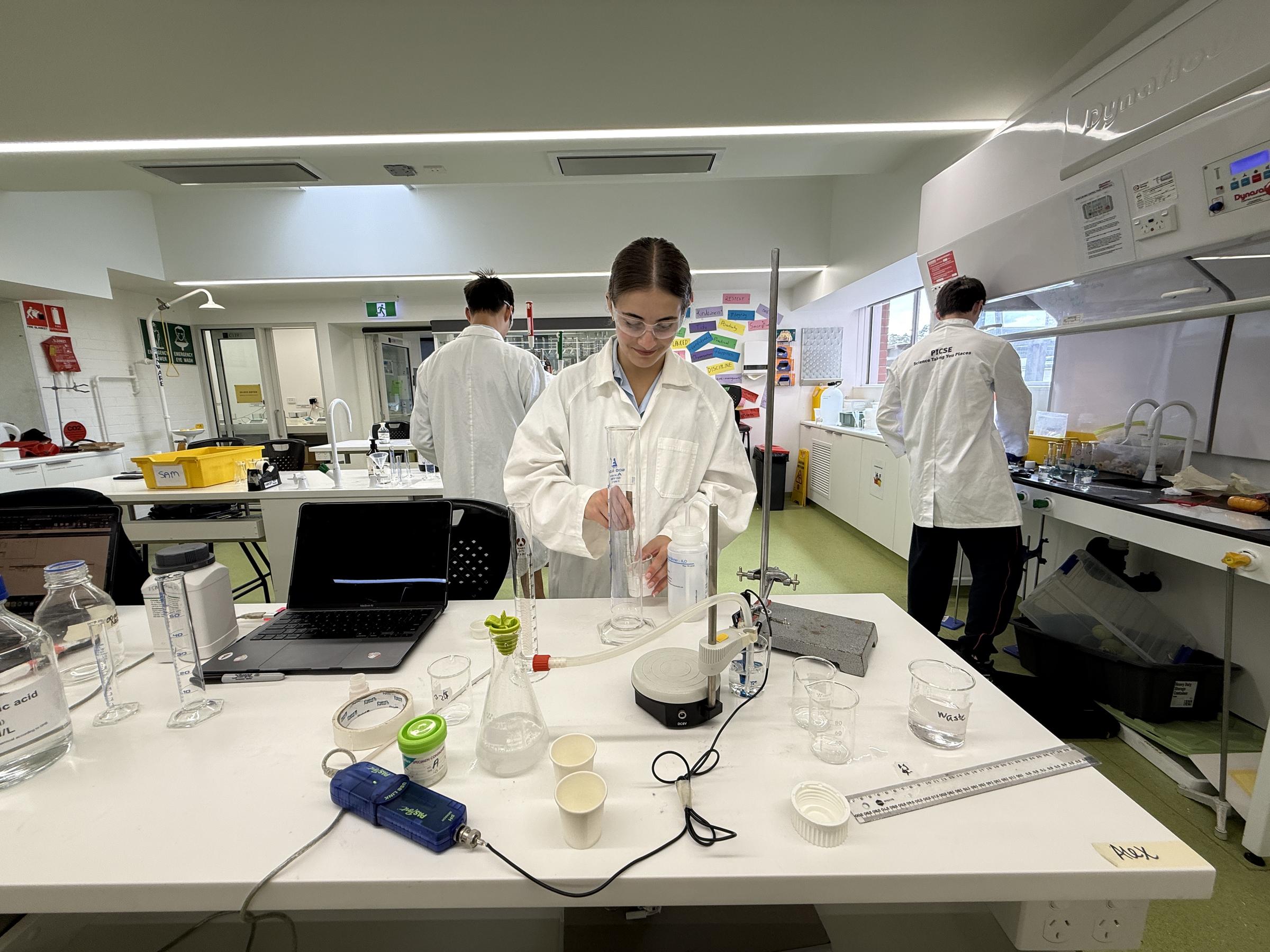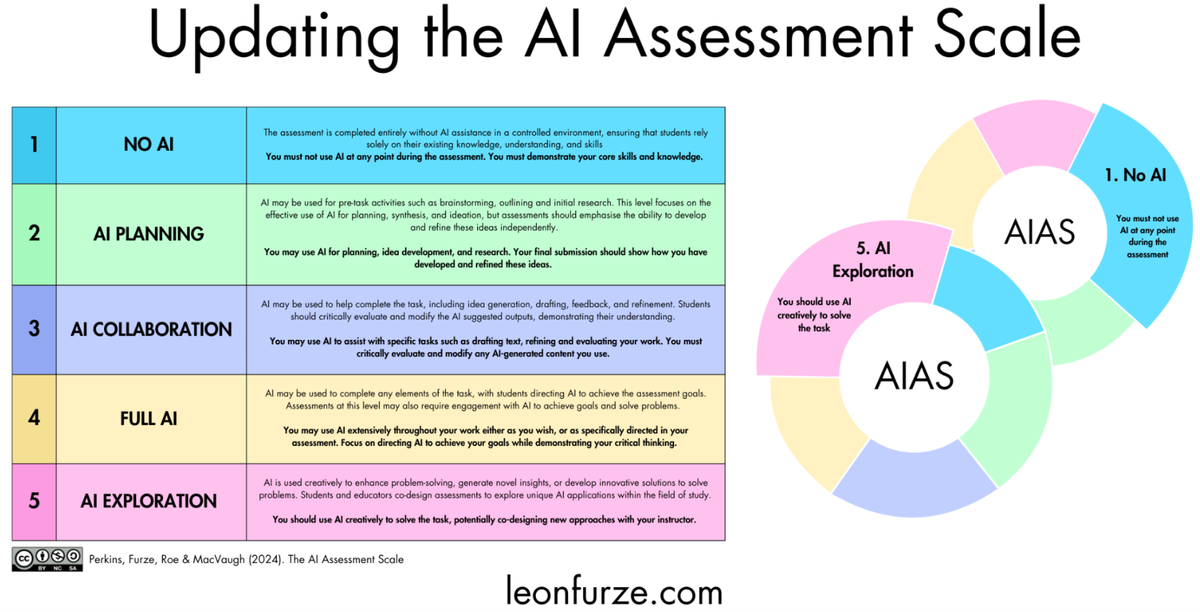Teaching & Learning

Using AI in Our School
Artificial Intelligence (AI) has rapidly become part of our everyday lives. It is increasingly embedded in the apps we use, the ways we communicate, and the online tools we rely on. As a school, we cannot ignore these developments — there is much we can learn from and utilise. How does this fit within our current school context? At Friends’, we look to our Purpose and Concerns to guide our actions and beliefs, ensuring that any use of AI supports our students to be ‘people who will think clearly, act with integrity, and make decisions for themselves’.
In response to the evolving technological landscape, Friends’ has developed AI Guidelines to help teaching staff and students understand the appropriate use of AI. These guidelines are informed by the ACER Principles for AI Systems for Teaching and Learning and the Australian Framework for Generative AI in Schools. Our goal is to equip staff and students with the knowledge and judgement to use AI responsibly, ethically, and in ways that support meaningful learning. The AI Guidelines are structured around three key focus areas:
- Promote Teaching and Learning
- Advance Wellbeing and Social Interactions
- Harness AI Ethically
Promote Teaching and Learning
AI can play a powerful role in enhancing teaching and learning by supporting differentiation and inclusive education. It is essential that both staff and students understand how AI works — including its limitations and potential biases. We are committed to ongoing professional learning to support teachers as they navigate this space.
To provide clarity around how AI is used in learning and assessment, teachers are encouraged to apply the AI Assessment Scale when designing tasks. This ensures that AI-supported learning remains fair, transparent, and aligned with curriculum goals. The AI Assessment Scale, developed by Leon Furze, can be explored further through his website. A summary of the scale is included below.
Furze L (2024)Updating the AI Assessment Scale, Leonfurze, accessed 28 April 2025
Advance Wellbeing and Social Interactions
AI can also contribute to wellbeing and positive social interactions. By reducing administrative workload, AI allows teachers to spend more time building meaningful connections with students and caring for their own wellbeing. It can also enhance communication and strengthen diverse school-home partnerships.
A key principle within our AI Guidelines is that AI will never replace the human relationships that are central to learning and to the values of our school. Students and learning remain at the centre of everything we do. AI is a tool to enhance — not replace — human judgement, ensuring that we continue to prioritise creativity, empathy, and connection.
Harness AI Ethically
The ethical use of AI is a priority across all school contexts. Our guidelines remind staff and students never to input confidential or personally identifying information into AI tools. In addition, AI-assisted work must be properly acknowledged, in line with our academic integrity expectations and school policies.
Teachers will support students in understanding how to appropriately reference and incorporate AI into their work. All use of AI must reflect the values and standards embedded throughout our curriculum and community.
The only certainty about AI is that it will continue to evolve, bringing with it both exciting opportunities and complex challenges. AI is not static — and neither can our approach to it be. As we continue our journey with AI, growing and deepening our understanding, our practices and guidelines will evolve alongside it.
Megan Eddington - Director of Teaching and Learning (K to 12)


